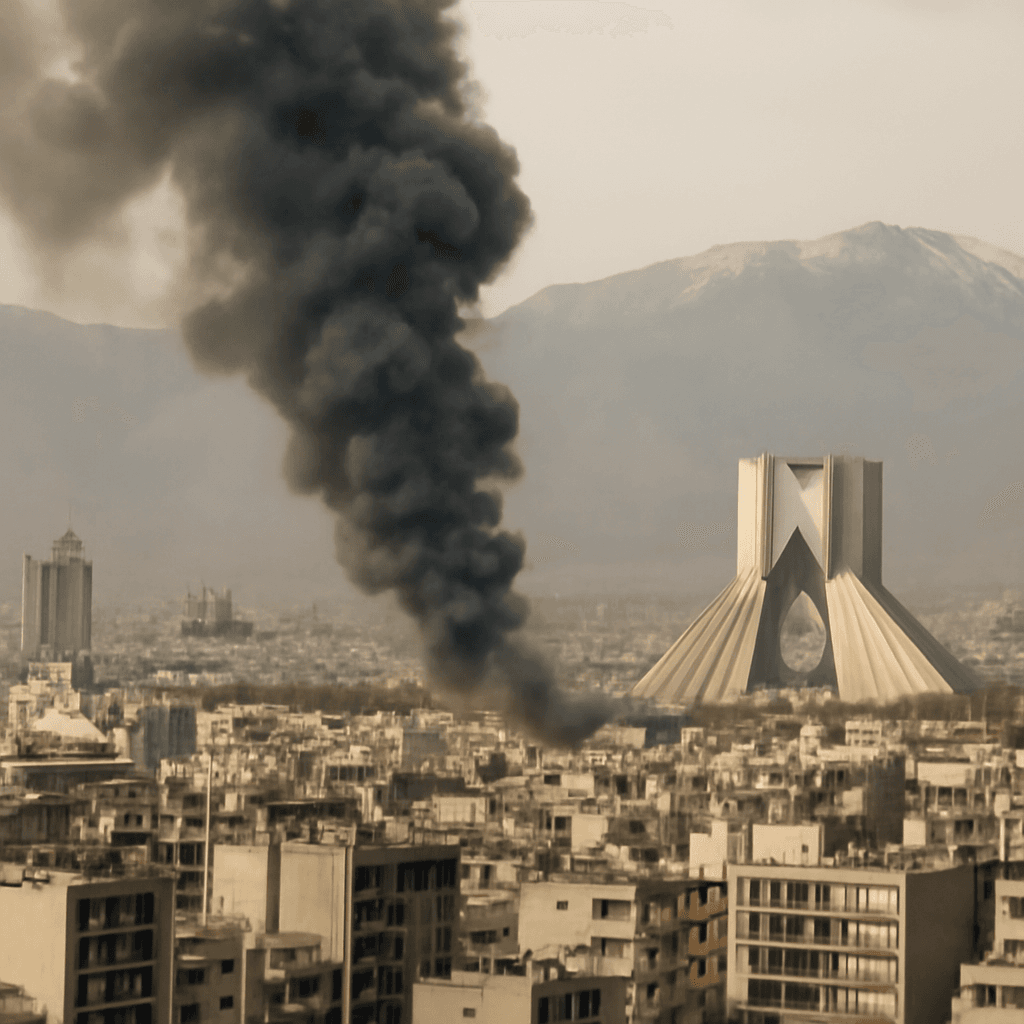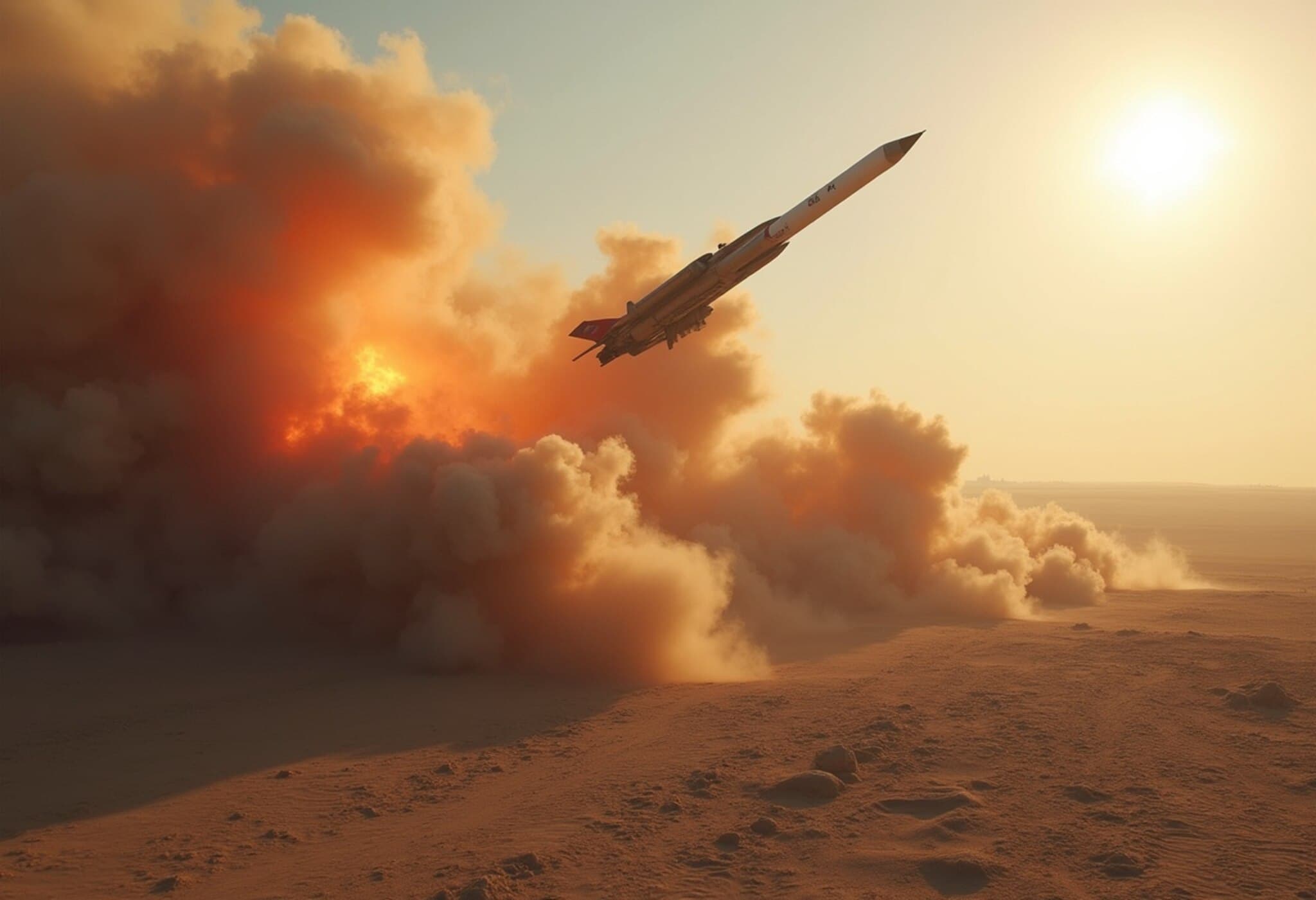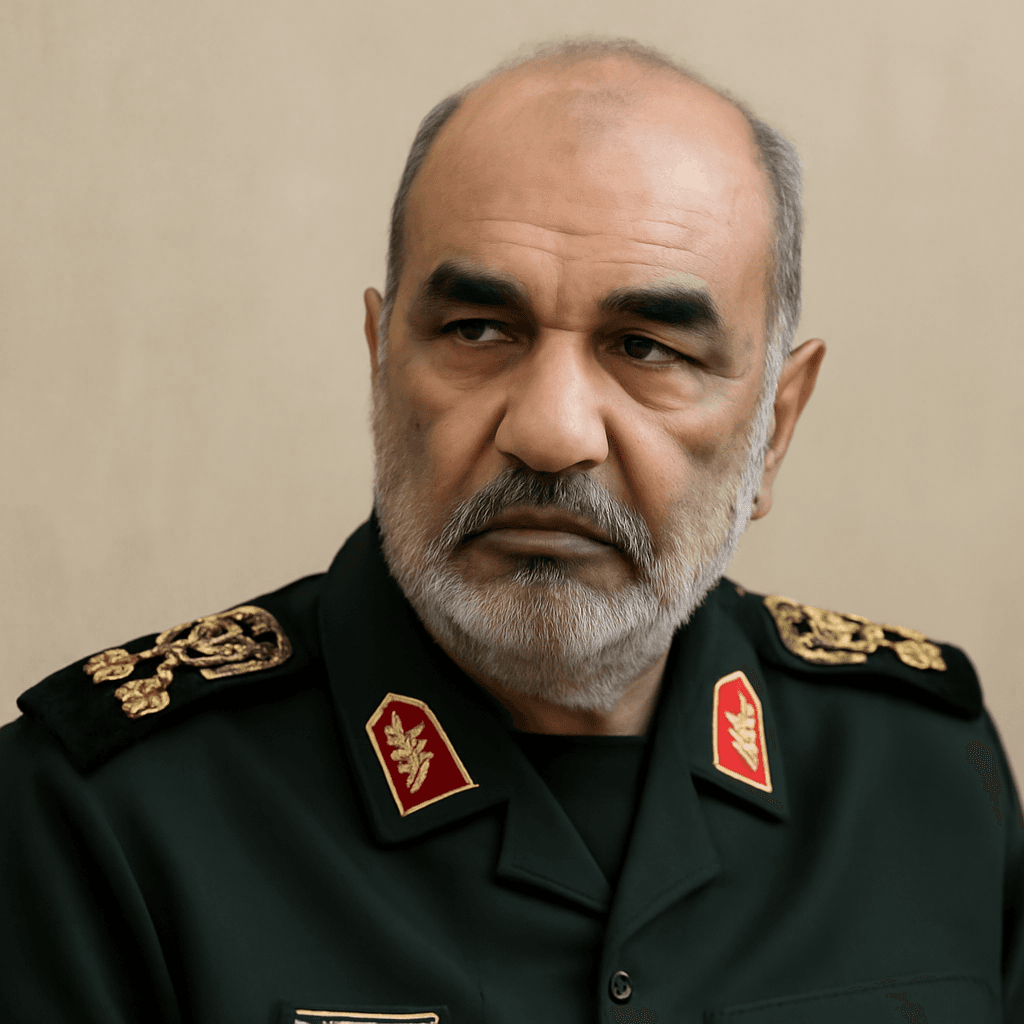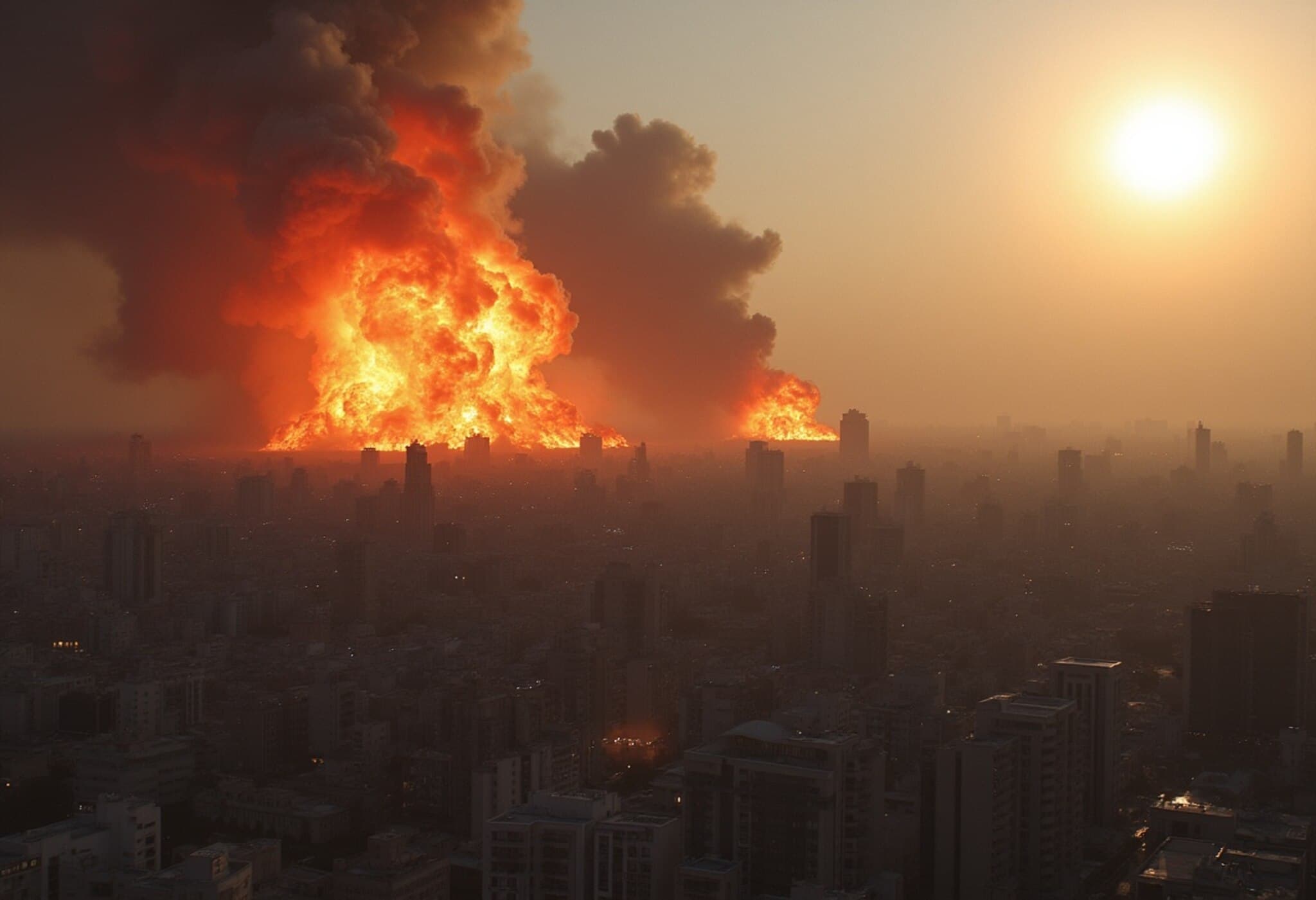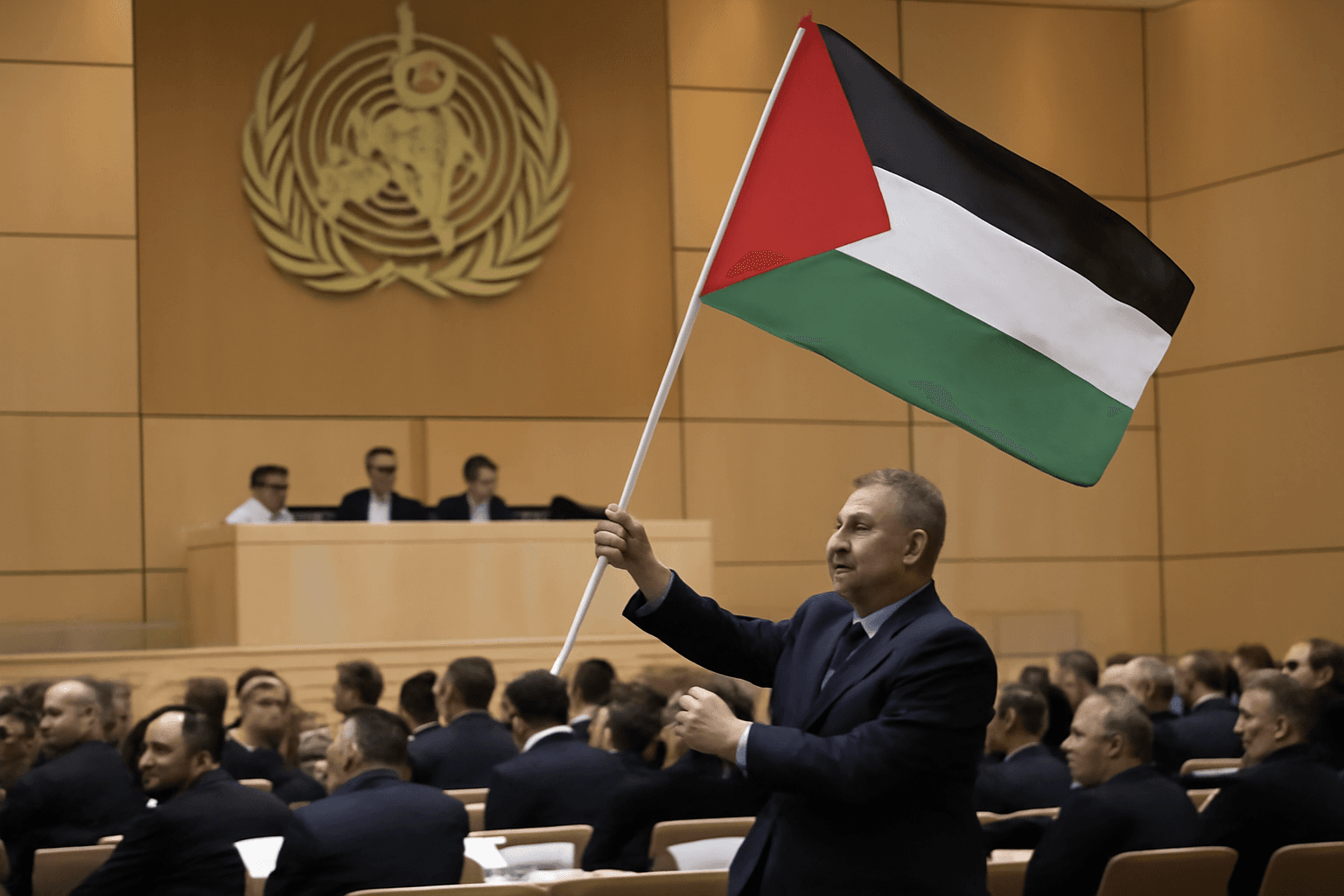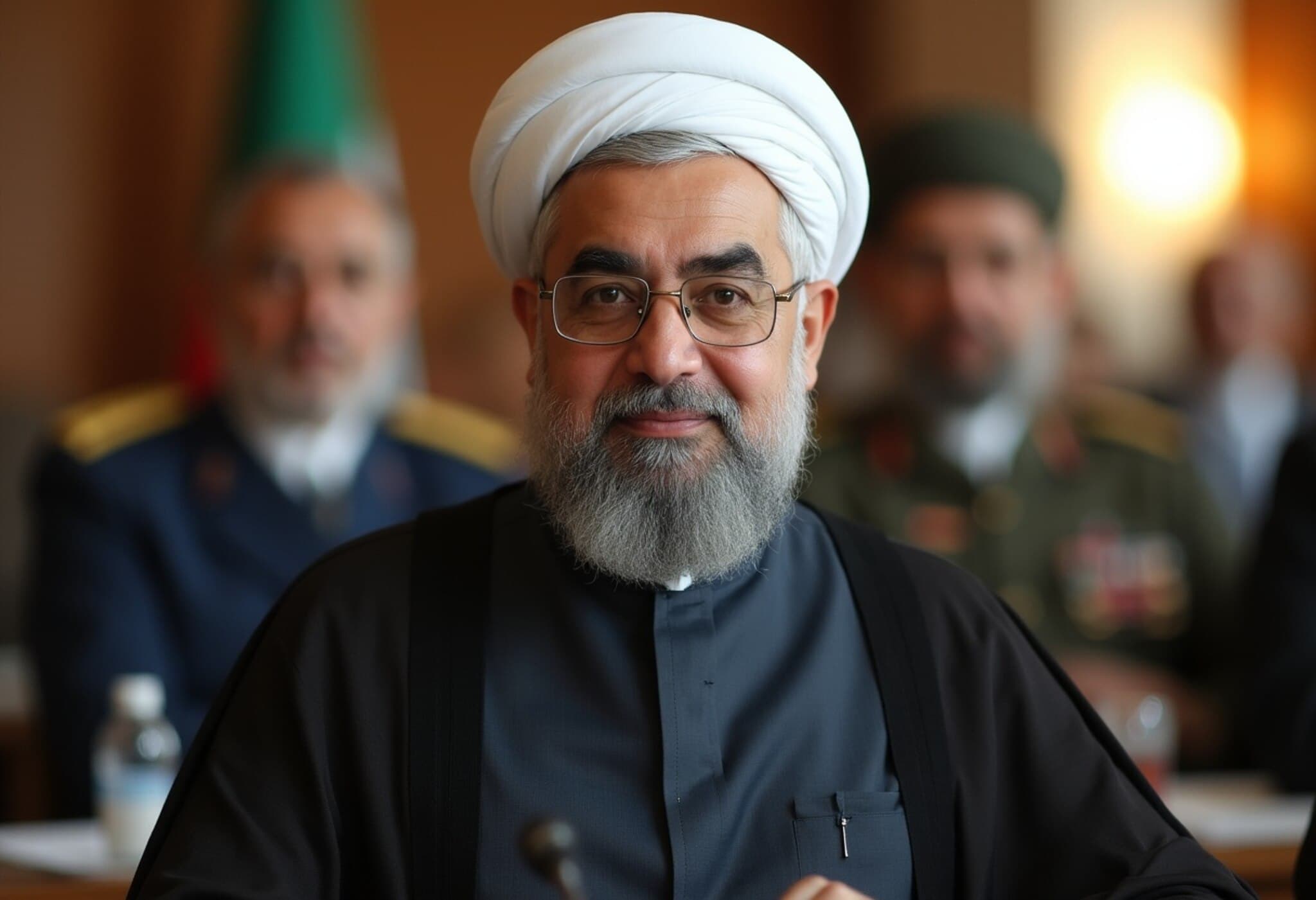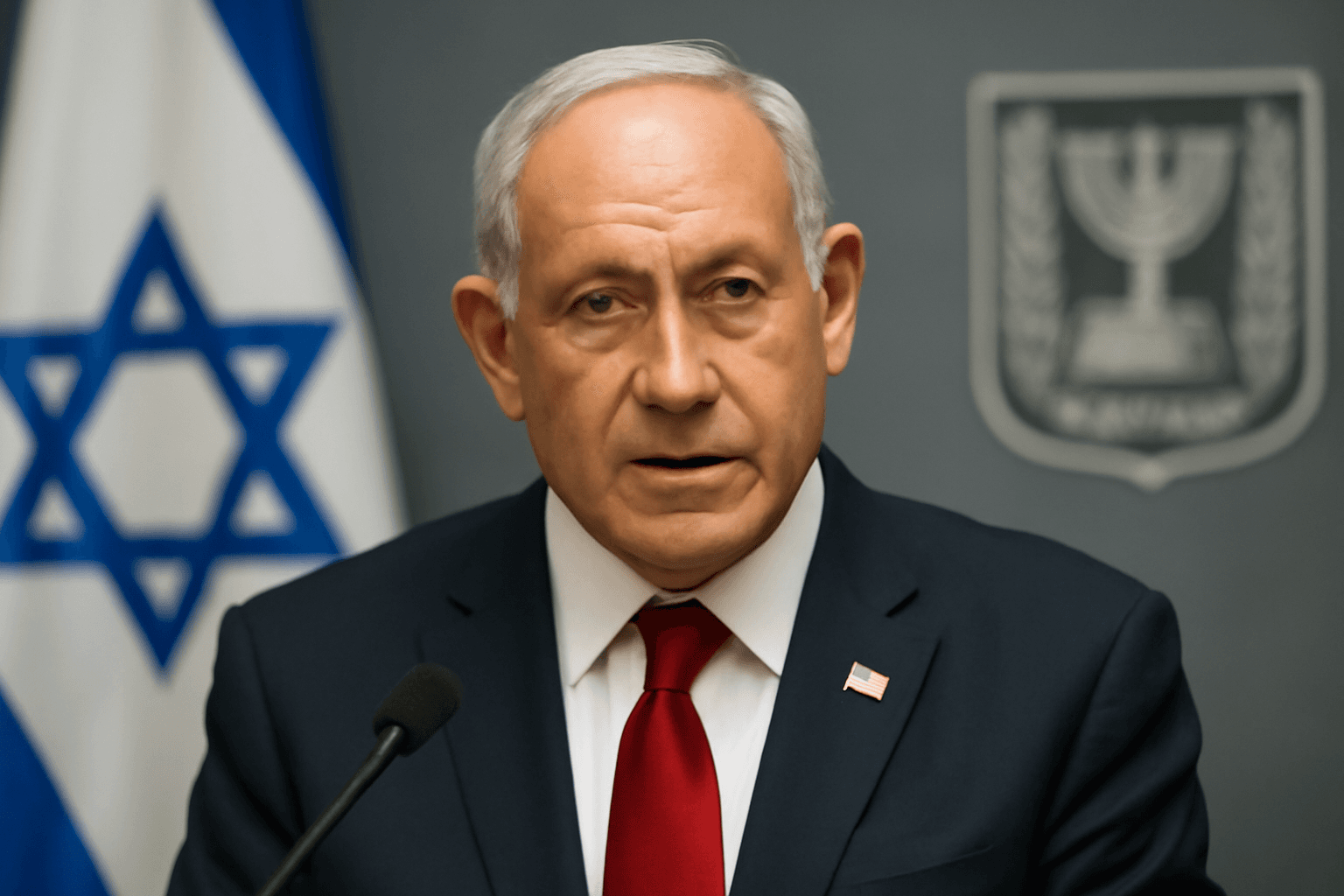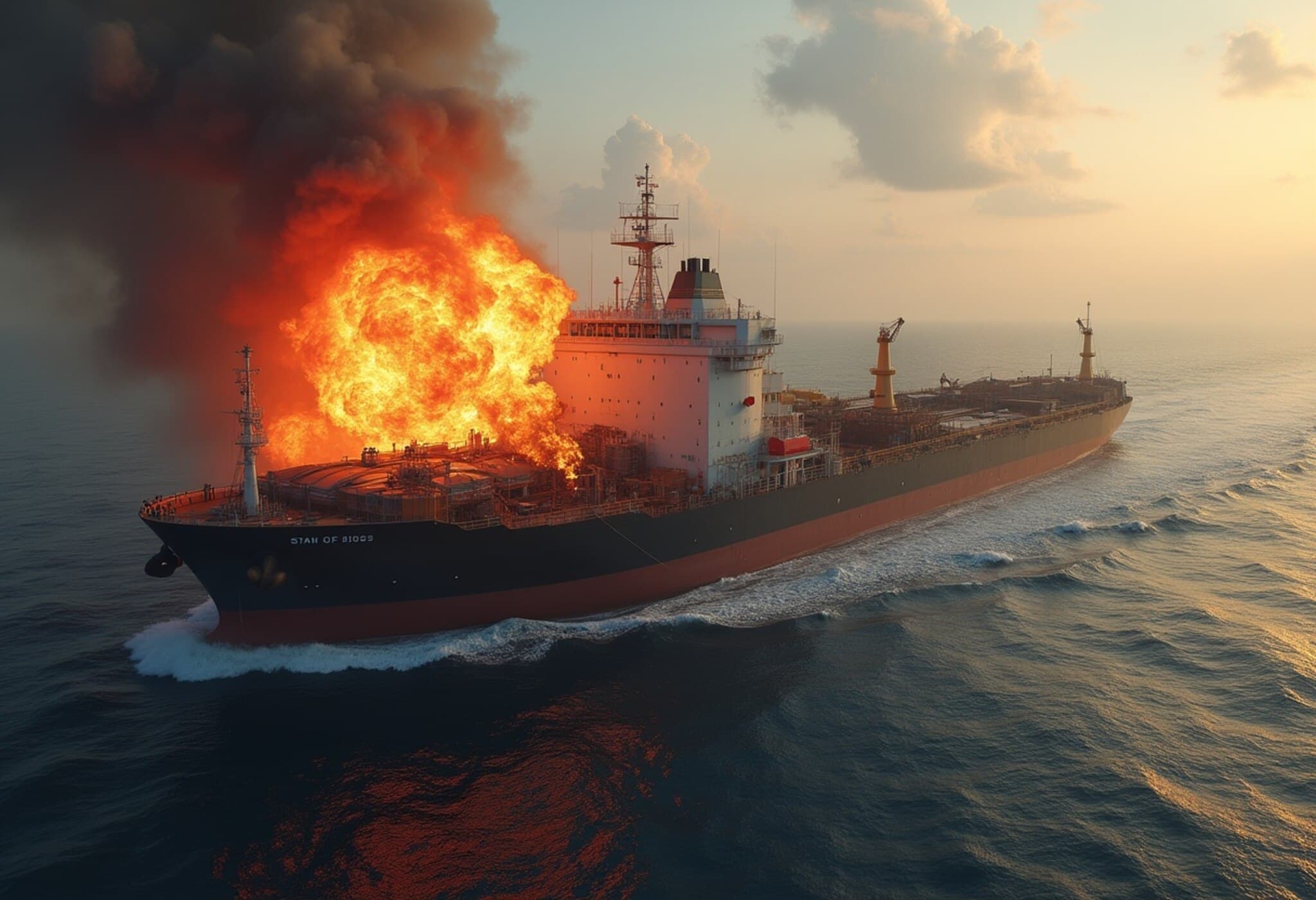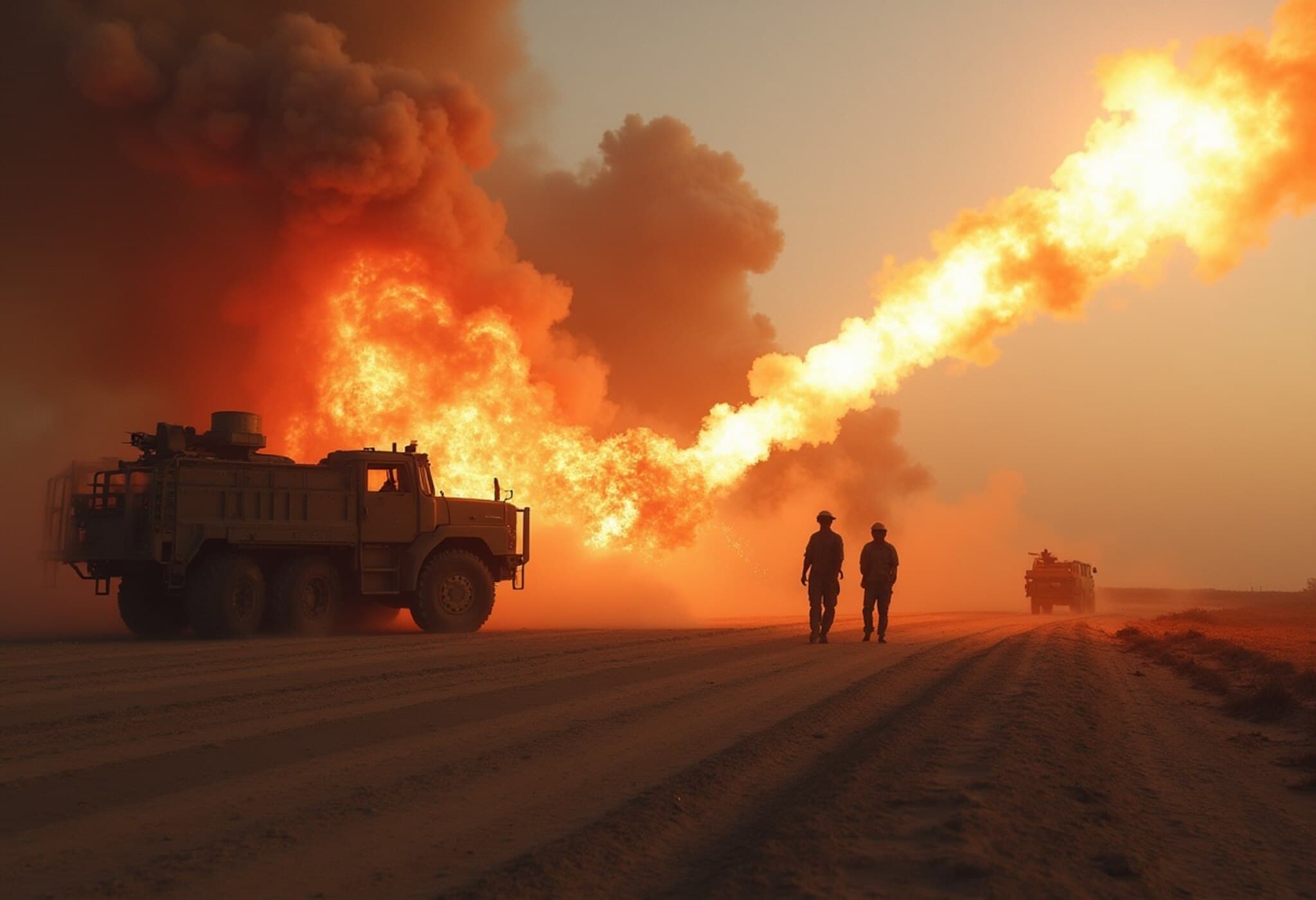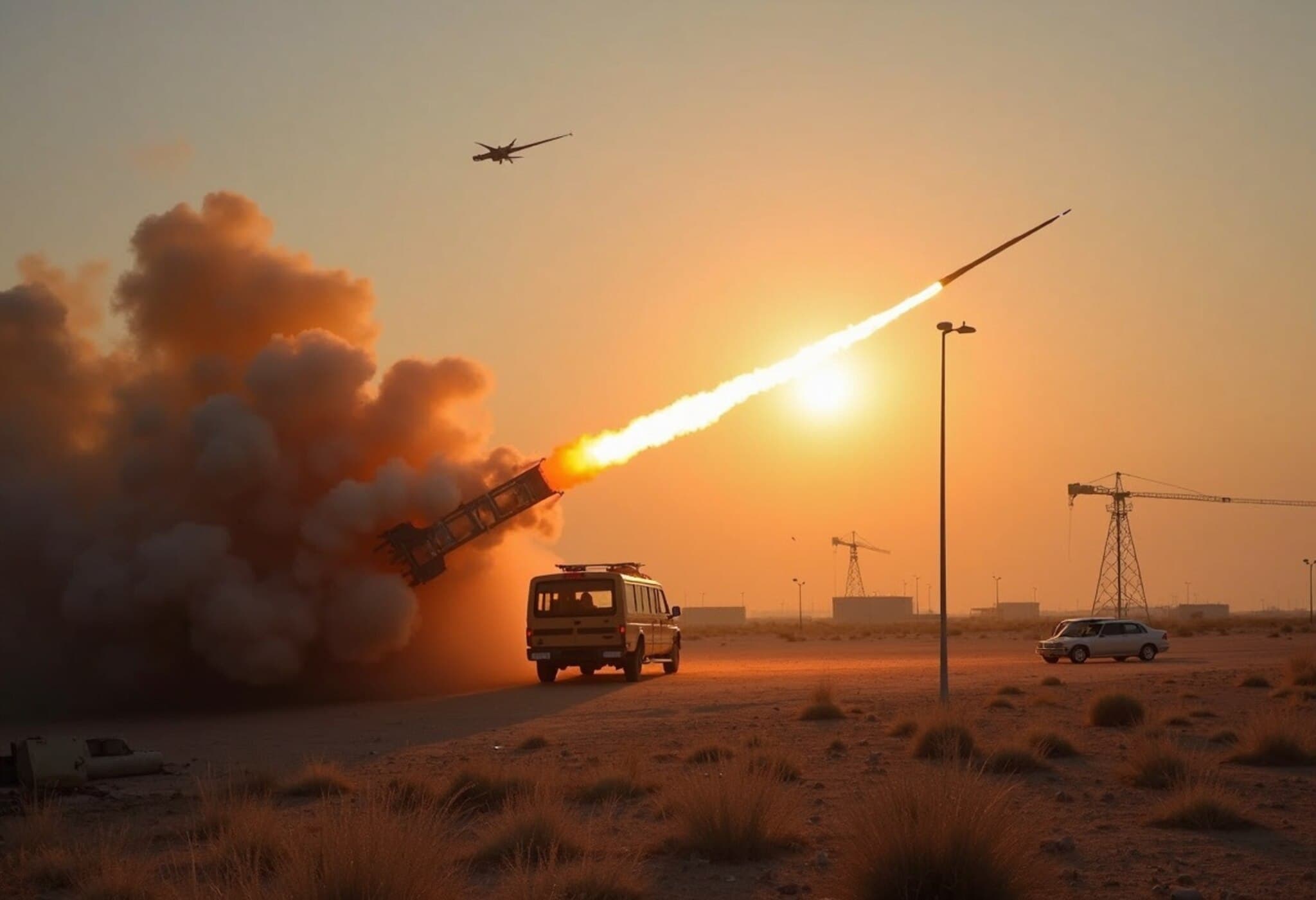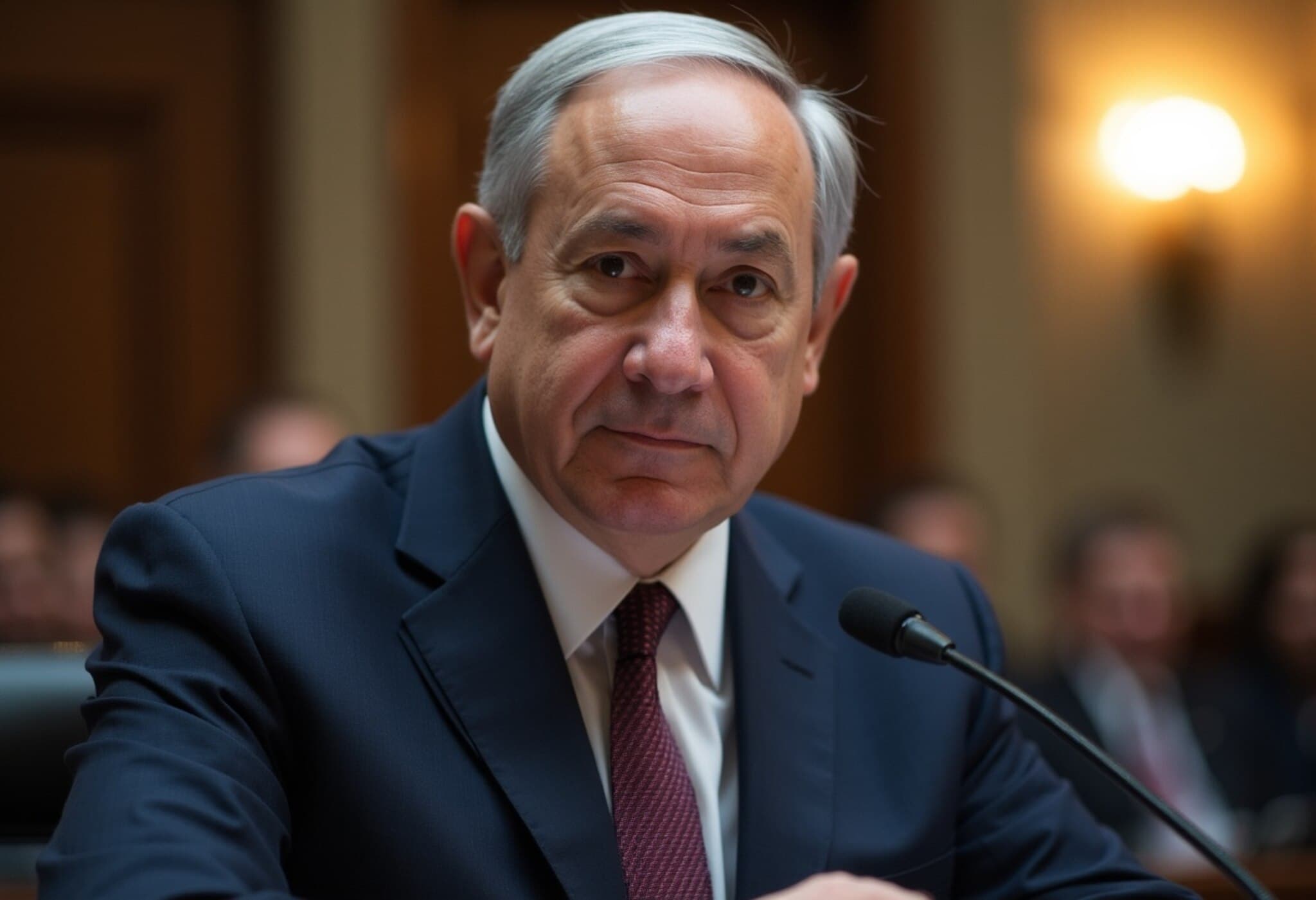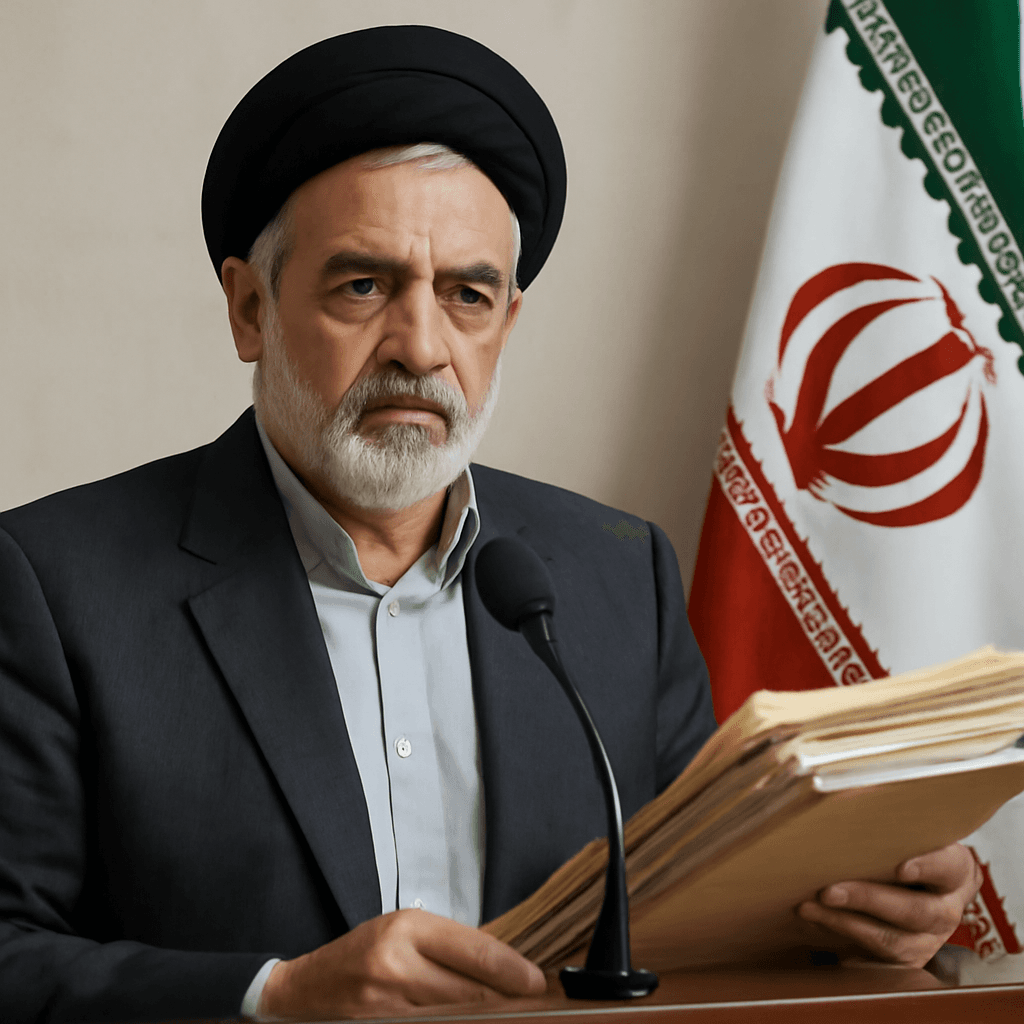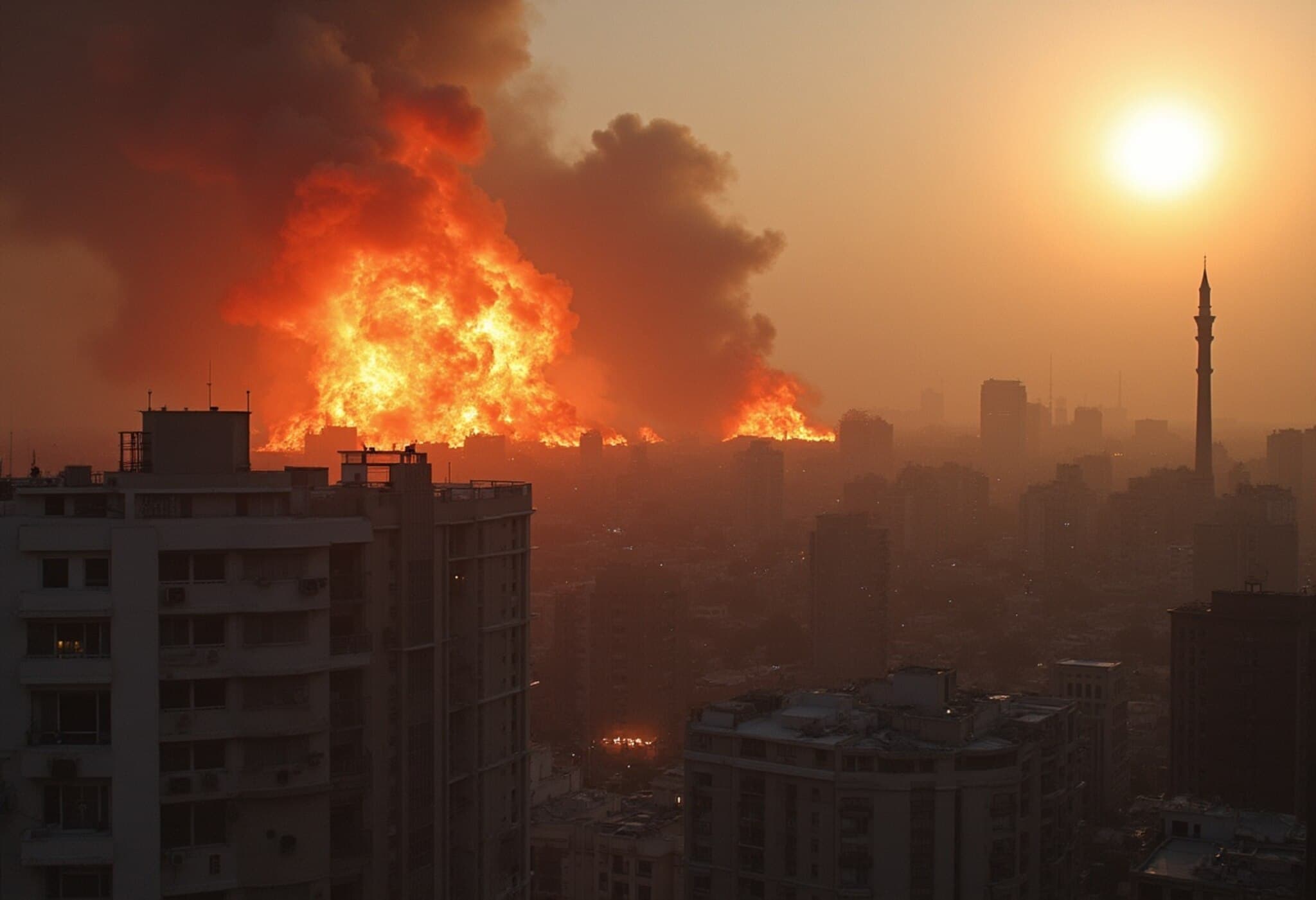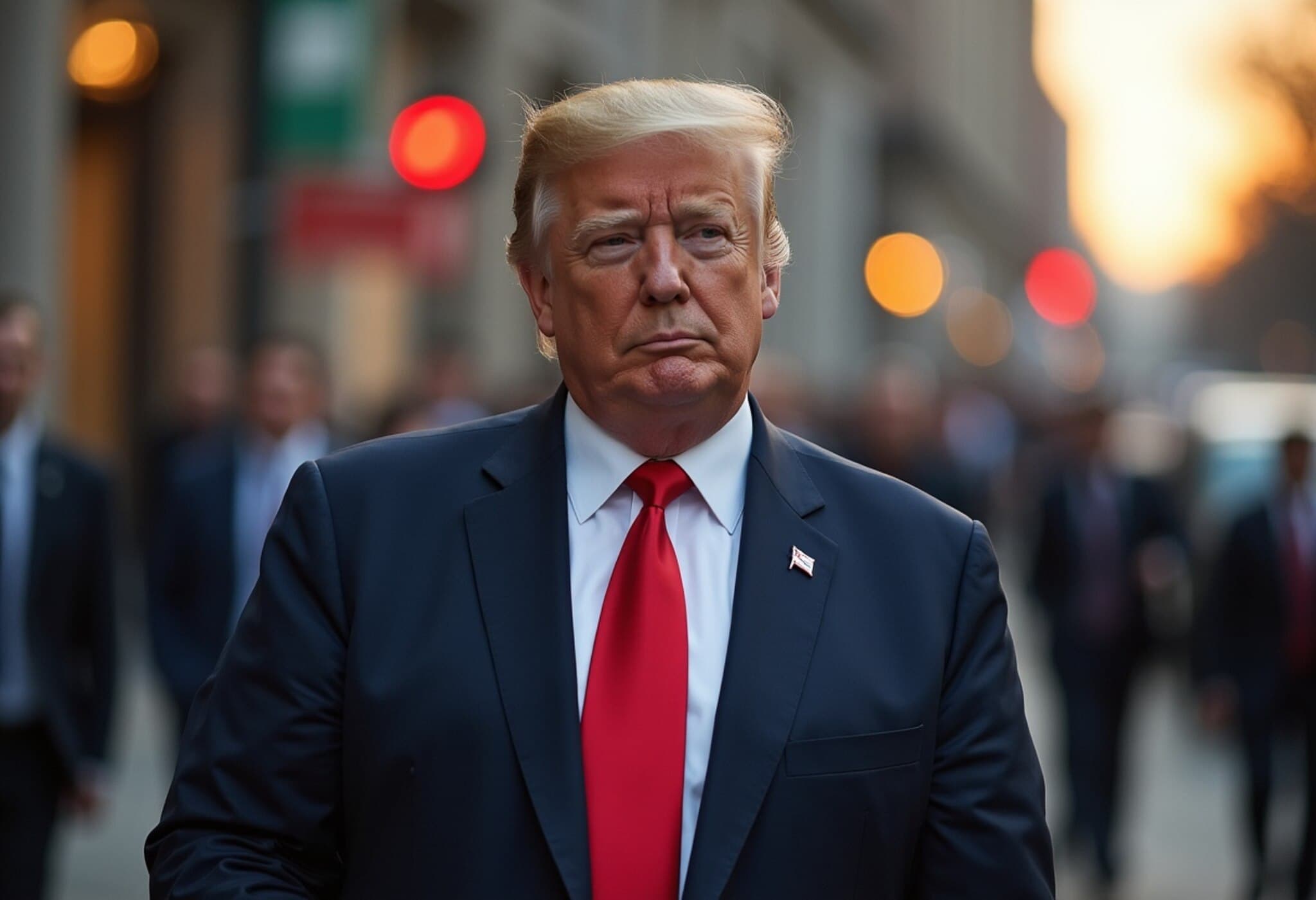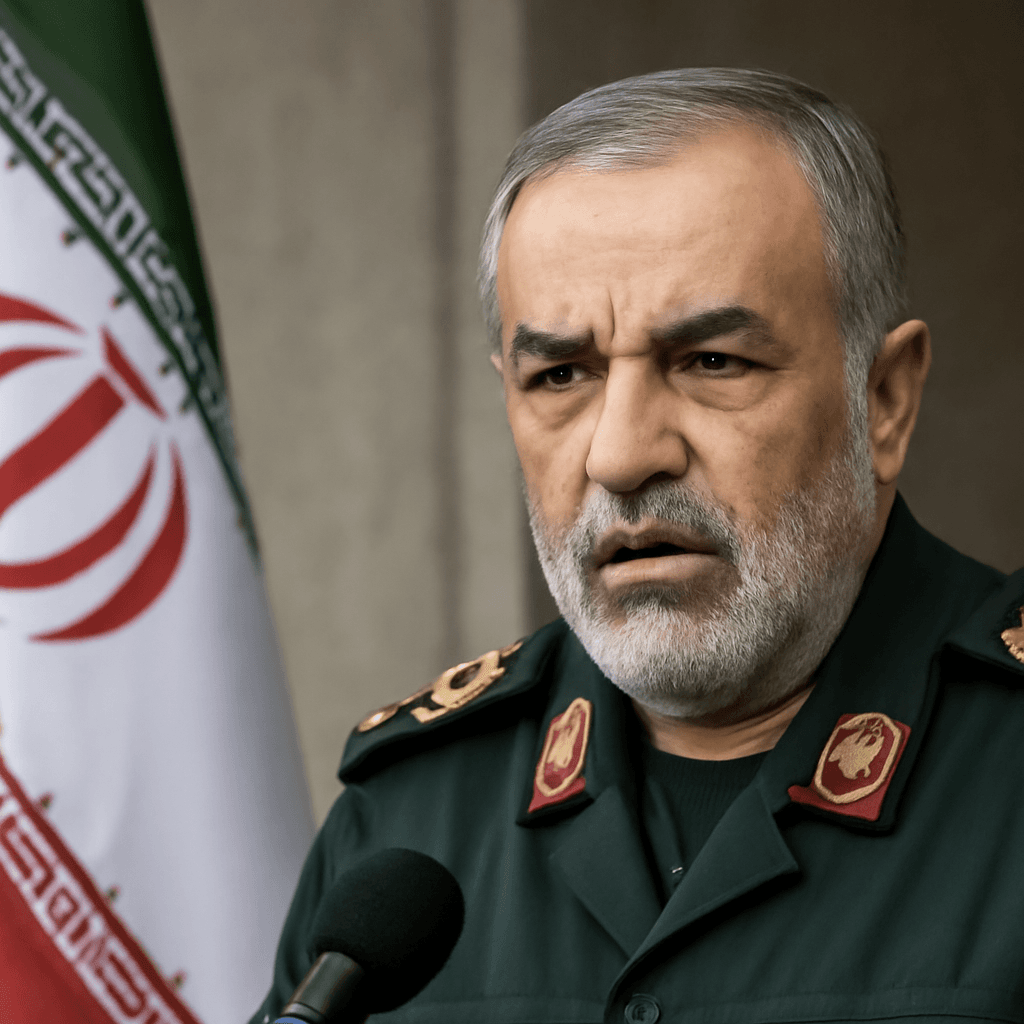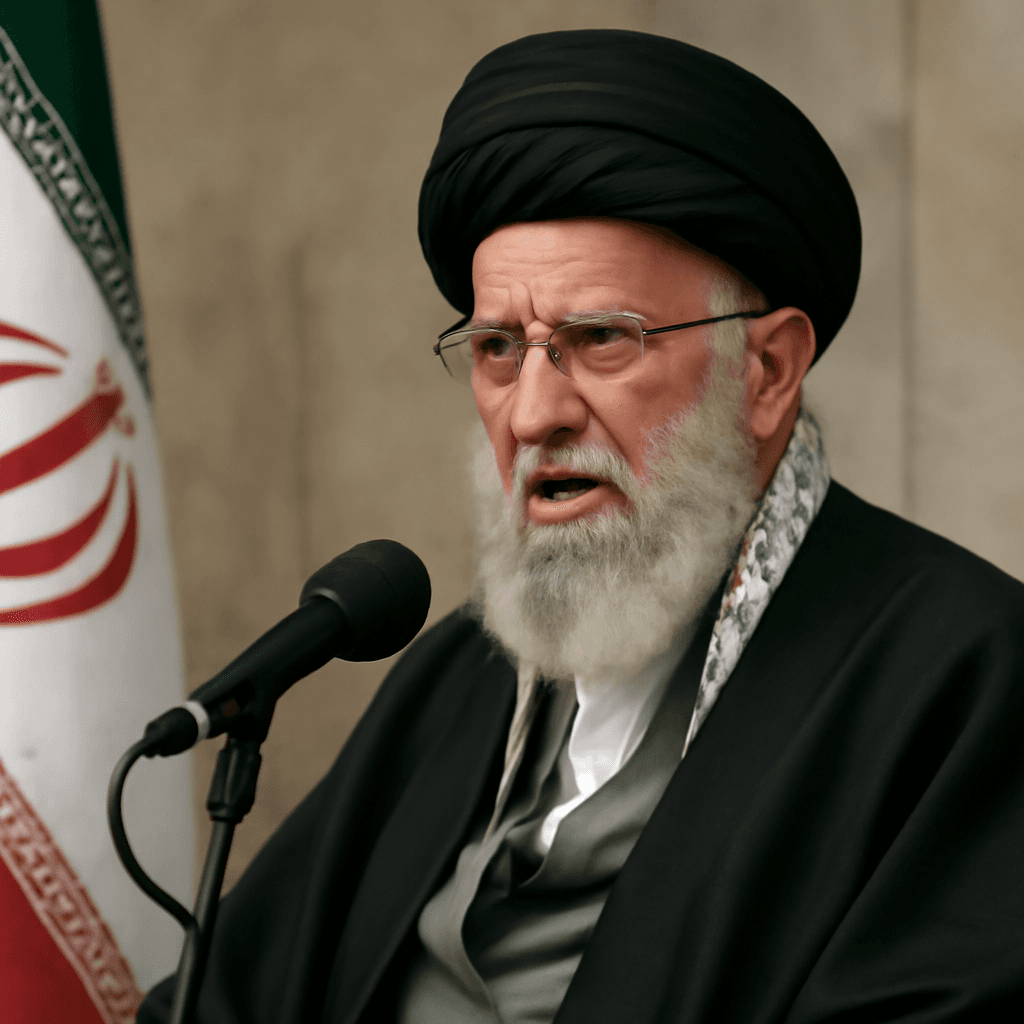Israel Targets Tehran in Strikes Escalating Nuclear Tensions
In the early hours of Friday, a series of explosions rocked Tehran as Israel launched a military strike targeting Iranian nuclear and military sites. The blasts sent shockwaves across the region, intensifying concerns over Iran’s expanding nuclear program.
Immediate Iranian Response: New Enrichment Site and Upgraded Centrifuges
Following the attacks, Iran swiftly announced plans to construct a third uranium enrichment facility and to replace existing centrifuges with more advanced models. This announcement arrived just after the International Atomic Energy Agency’s (IAEA) Board of Governors condemned Iran’s ongoing lack of cooperation with nuclear inspectors—a rare censure not seen in two decades.
For years, Israel has persistently warned of the risks associated with Iran’s nuclear capabilities. While Tehran denies intentions to develop nuclear weapons, Iranian officials assert they possess the capability if necessary.
Official Acknowledgements and Warnings from Israel
An Israeli military official confirmed the strike’s focus on Iranian nuclear targets, though specific sites remain undisclosed. Israeli Defense Minister Israel Katz acknowledged the operation and issued a stern warning of imminent retaliatory missile and drone attacks from Iran.
Katz declared a state of emergency for Israeli civilians and urged compliance with safety instructions. "Missile and drone attacks against Israel’s civilian population are expected immediately," his statement underscored, emphasizing the need for vigilance and adherence to guidance from home front authorities.
United States Position and Precautionary Measures
While Israel undertook unilateral action, U.S. Secretary of State Marco Rubio clarified that the United States was not directly involved. Rubio noted that Israel had communicated its belief that the strikes were essential for its self-defense.
In response to escalating tensions, the U.S. has already begun evacuating some diplomatic personnel from Baghdad and offered voluntary withdrawal options to military families stationed across the Middle East. Rubio also issued a warning to Iran against targeting American interests or personnel.
Earlier in the week, the U.S. president described the Middle East as "a dangerous place" amid rising instability and reiterated America’s determination to prevent Iran from acquiring nuclear weapons. These developments have led to partial evacuations at the U.S. embassy in Baghdad and heightened regional security adjustments.
What’s Next in a Volatile Landscape?
This rapid escalation marks one of the most serious episodes in years concerning Iran’s nuclear ambitions and Israel’s security concerns. With both nations signaling readiness for further conflict, the region faces an uncertain future as diplomatic and military tensions simmer.
- Israel: Conducted strikes targeting nuclear and military facilities in Tehran.
- Iran: Announces a third uranium enrichment plant and advanced centrifuge deployment.
- United States: Uninvolved directly but cautious, evacuating some personnel and warning Iran.
Amid these developments, regional stakeholders now watch closely, anticipating possible retaliatory actions and further diplomatic fallout.

